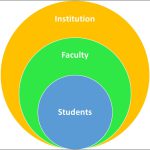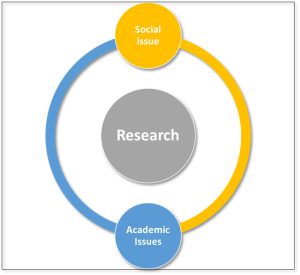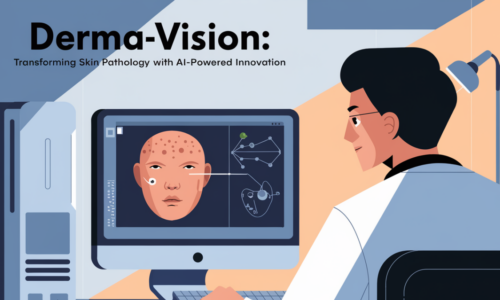Research is now becoming a “gap task” that academics often do for their performance rankings and students for the fulfillment of their degree requirements. The question is what needs to be done to make academic researchers—both professors and students—socially responsible researchers. What strategies are required to assist researchers in going beyond this gap task approach and contributing to at least one of the stakeholders, e.g., individuals, organizations, or society at large.

In a higher education institution context, the onus of effective institute-wide strategy formulation and execution falls upon three key pillars, including top management, faculty, and students. The top management can play an important role in cultivating a socially responsible research culture. One way to do this is to organize seminars and workshops that communicate what kind of research should be emphasized. It will send a clear message and embed a shared vision among key stakeholders. Organizing guest lectures with practitioners, CEOs, and other well-known industry experts, with the main goal of discussing the industry’s current issues, can be another effective strategy. It will help not only in knowing what the industry is looking for but also in strengthening industry-academia relations. To make such sessions effective, the aim and scope of these events should be communicated promptly to the distinguished speakers so that they can customize their sessions in a way that serves the purpose efficiently. Such events should be mandatory for both faculty and students and may be incentivized to maximize the participation.

The other important pillar, faculty members also have an essential role. They have a dual responsibility; one as teachers and another as research supervisors. Firstly, as teachers, they ensure that students are made aware that research is not merely about filling a gap but also must be beneficial to society. Faculty members who teach research methods and related courses must emphasize this and make this a central component of their syllabus. For example, in the context of a business school, faculty should teach students how to identify industrial, organizational, and employee issues that can be addressed through research. The use of global surveys (e.g., Gallup), local industry reports, newspaper articles, working papers, and surveys can be a good start. Industrial visits can be another way to expose students to real organizational problems. Unlike traditional industrial trips, the purpose of such visits must be aimed at identifying potential research topics. Faculty can encourage students to come up with unique topics based on their observations during the industrial visit. In this way, students will remain focused during visits and may come up with significant observations. A constructive question-and-answer session with multiple stakeholders (e.g., Mangers, Employees, Union Leaders, etc.) is another important way to make the industrial trip successful.
In addition to their important role as instructors, faculty members are also research supervisors/advisors. They should educate students about their obligations as a socially responsible academic researcher. Supervisors should ensure that students have access to industry reports and other pertinent documents. The appointment of a field supervisor/industry advisor helps not only to learn more about potential industry-related research topics but also to facilitate data collection and to provide relevant documents. Remember, students see their supervisors as role models. Therefore, a supervisor can show his/her previous work (e.g., papers/book/working papers) as reference material for an initial understanding. High-quality communication between students and supervisors is important for responsible research outcomes.
Finally, students are no exception to these responsibilities. They must take ownership of their research projects. Learning more about practical social issues (industry, organization, employee) is a must before looking for theoretical gaps. They must make sure that their research is practically meaningful in addition to its theoretical significance. Research students with more practical contributions to be rewarded (better grades, best research project awards, etc.) to promote a culture responsible for research. Contribution from all pillars (top management, faculty, and students) can ensure responsible research and make this world a better place.
The author is an Associate Professor of Human Resource Management at the NUST Business School (NBS), National University of Sciences and Technology (NUST). He is also the Editor-in-Chief of the NUST Business Review. He can be reached at mumtaz.memon@nbs.nust.edu.pk.
Research Profile: https://bit.ly/3FsyQNx

![]()






